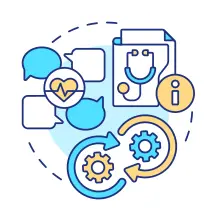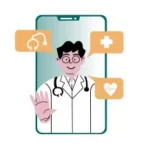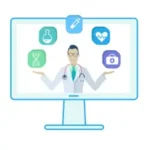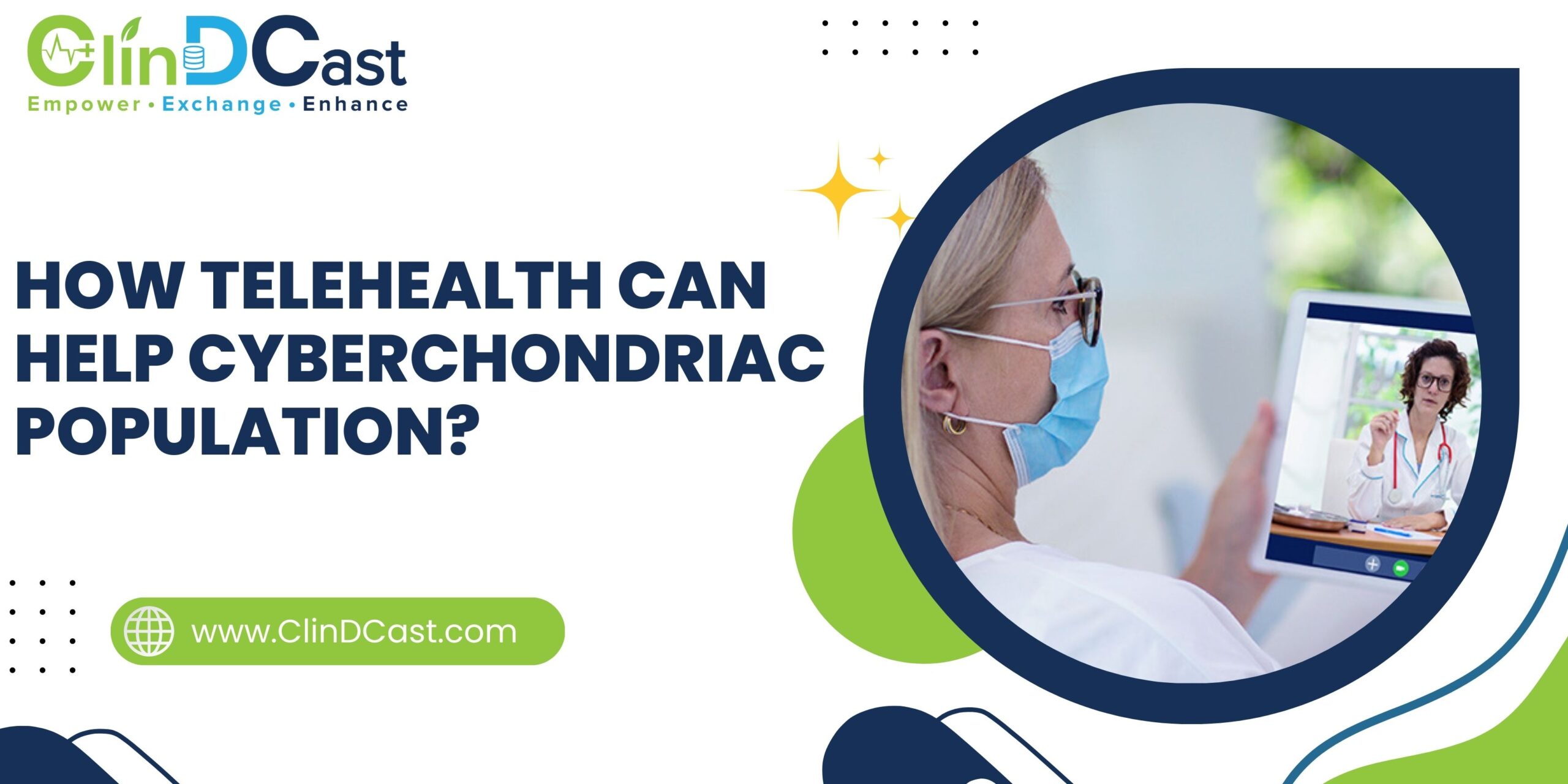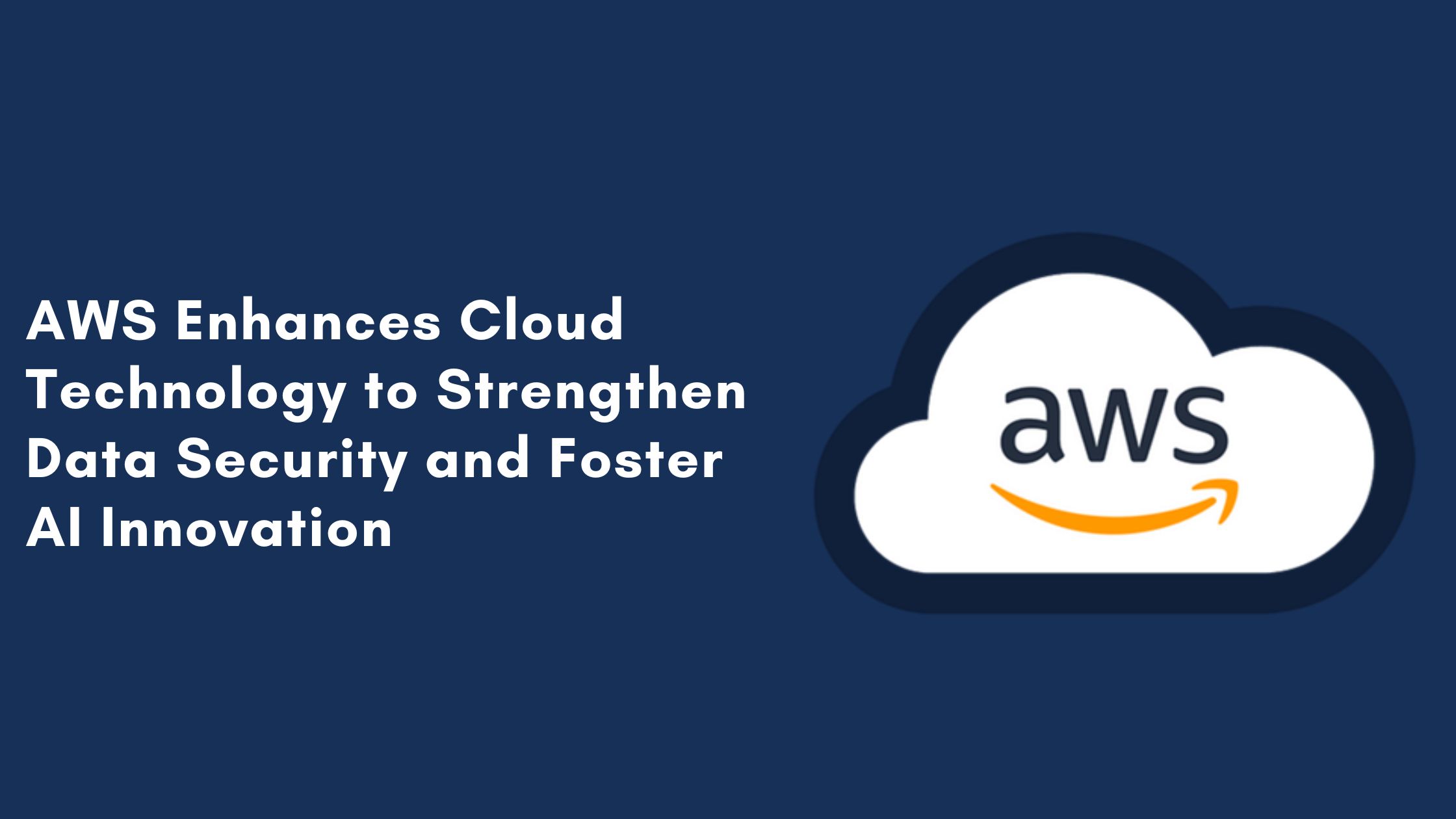
In today’s data-driven world, the healthcare industry is increasingly recognizing the immense value of data analytics in improving patient outcomes, optimizing operations, and driving decision-making. However, navigating the complex landscape of healthcare data analytics requires not only advanced technological solutions but also the expertise of IT consulting professionals. In this blog post, we will explore the role of IT consulting in leveraging data analytics in healthcare and how it can help organizations effectively harness the power of data for transformative results.
Data Analytics in Healthcare with IT Consulting
1. Understanding the Landscape of Healthcare Data Analytics:
Begin by providing an overview of healthcare data analytics, explaining its purpose and significance. Discuss the types of data generated in healthcare settings, including clinical data, administrative data, and patient-generated data. Emphasize the importance of data integration and interoperability for comprehensive analytics.
2. Challenges in Healthcare Data Analytics:
Highlight the common challenges faced by healthcare organizations in implementing data analytics initiatives. These may include data silos, privacy concerns, data quality issues, and the lack of skilled resources. Explain how IT consulting professionals can address these challenges and provide strategic guidance.
3.Leveraging Advanced Analytics Techniques:
Discuss various advanced analytics techniques that IT consulting can bring to the table, such as predictive analytics, prescriptive analytics, and machine learning. Explain how these techniques can enable healthcare organizations to gain insights from data, predict trends, and make informed decisions.
4.Data Governance and Security:
Address the critical aspects of data governance and security in healthcare data analytics. Discuss the importance of adhering to regulatory requirements, protecting patient privacy, and implementing robust security measures. Highlight how IT consulting can assist in establishing data governance frameworks and implementing secure data management practices.
5.Integration and Interoperability:
Explain the significance of integrating data from various sources and achieving interoperability for comprehensive analytics. Discuss the role of IT consulting in implementing interoperability standards, developing data exchange protocols, and facilitating seamless data integration across different systems.
6. Enhancing Clinical Decision Support:
Explore how IT consulting expertise can contribute to the development and implementation of clinical decision support systems. Discuss how data analytics can provide healthcare professionals with real-time insights, evidence-based guidelines, and personalized treatment recommendations to enhance patient care.
7.Operational Analytics for Efficiency:
Highlight the application of data analytics in optimizing healthcare operations. Discuss how IT consulting can assist in streamlining processes, reducing costs, improving resource allocation, and enhancing workflow efficiency through analytics-driven insights.
8.Data Visualization and Reporting:
Explain the importance of data visualization and reporting in healthcare analytics. Discuss how IT consulting professionals can design intuitive dashboards, interactive reports, and visual representations of data that enable stakeholders to comprehend complex information easily.
9.Scalable and Future-Proof Solutions:
Discuss the need for scalable and future-proof data analytics solutions in healthcare. Emphasize how IT consulting can guide organizations in selecting the right technologies, designing scalable architectures, and implementing solutions that can evolve with changing requirements and emerging technologies.
Summarize the key points discussed in the blog post, highlighting the integral role of IT consulting in navigating data analytics in healthcare. Emphasize how leveraging the expertise of IT consultants can empower healthcare organizations to harness the full potential of data, drive innovation, and ultimately improve patient outcomes.

